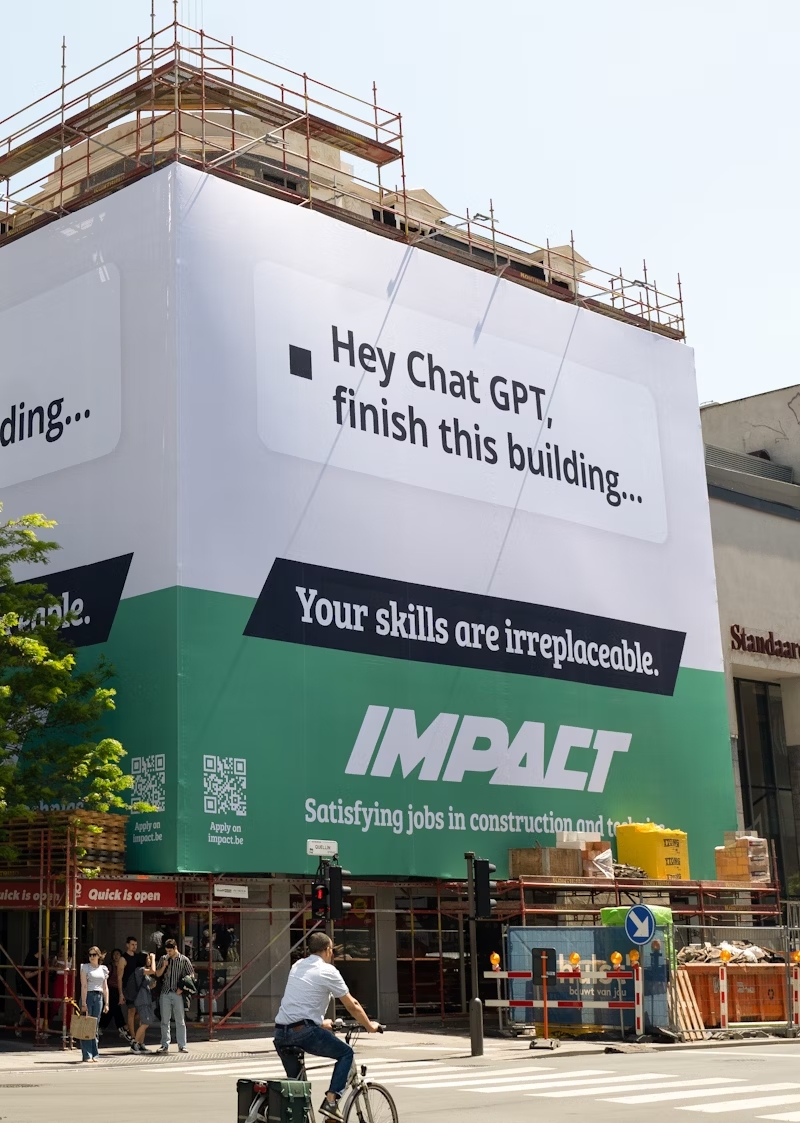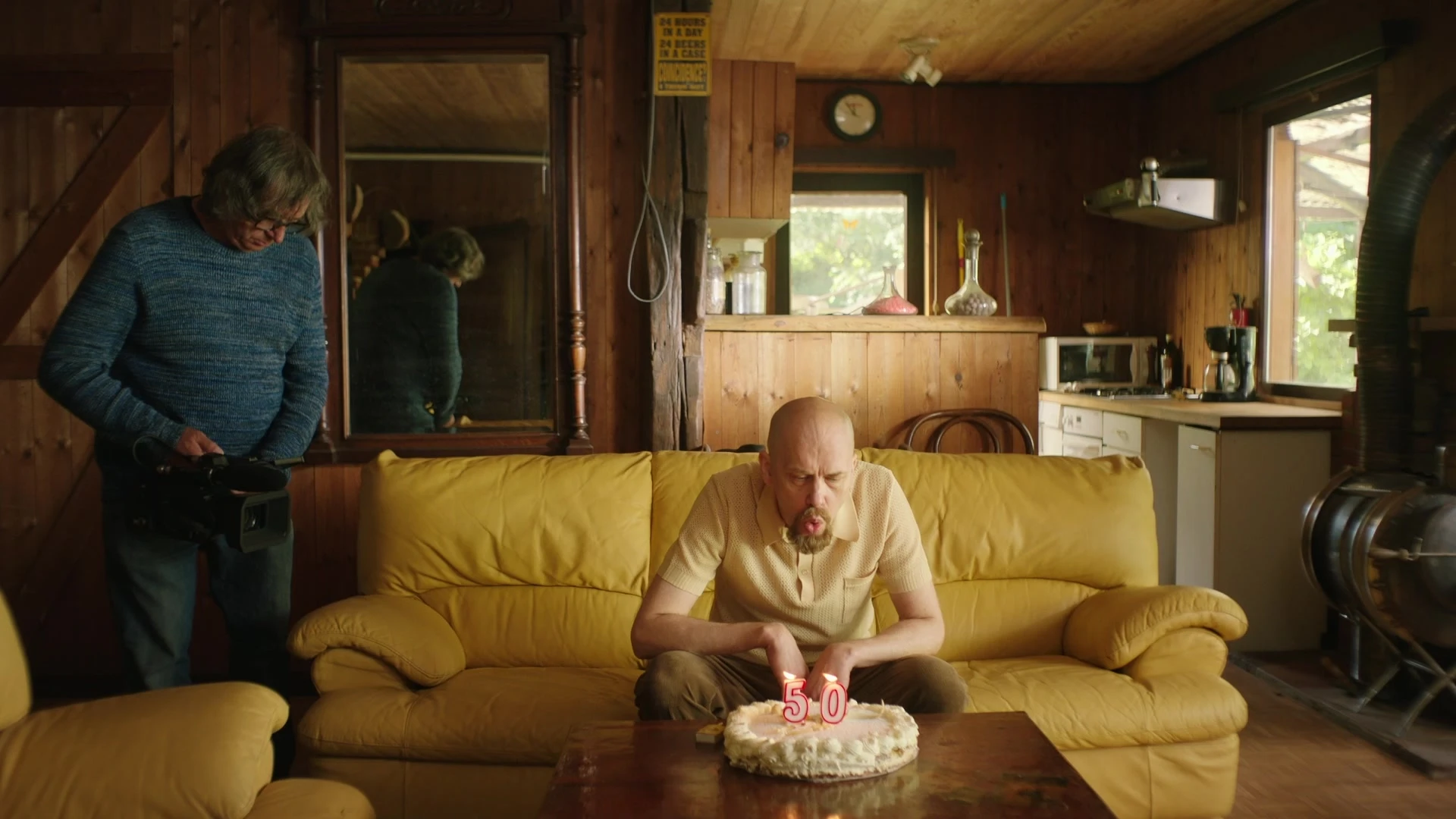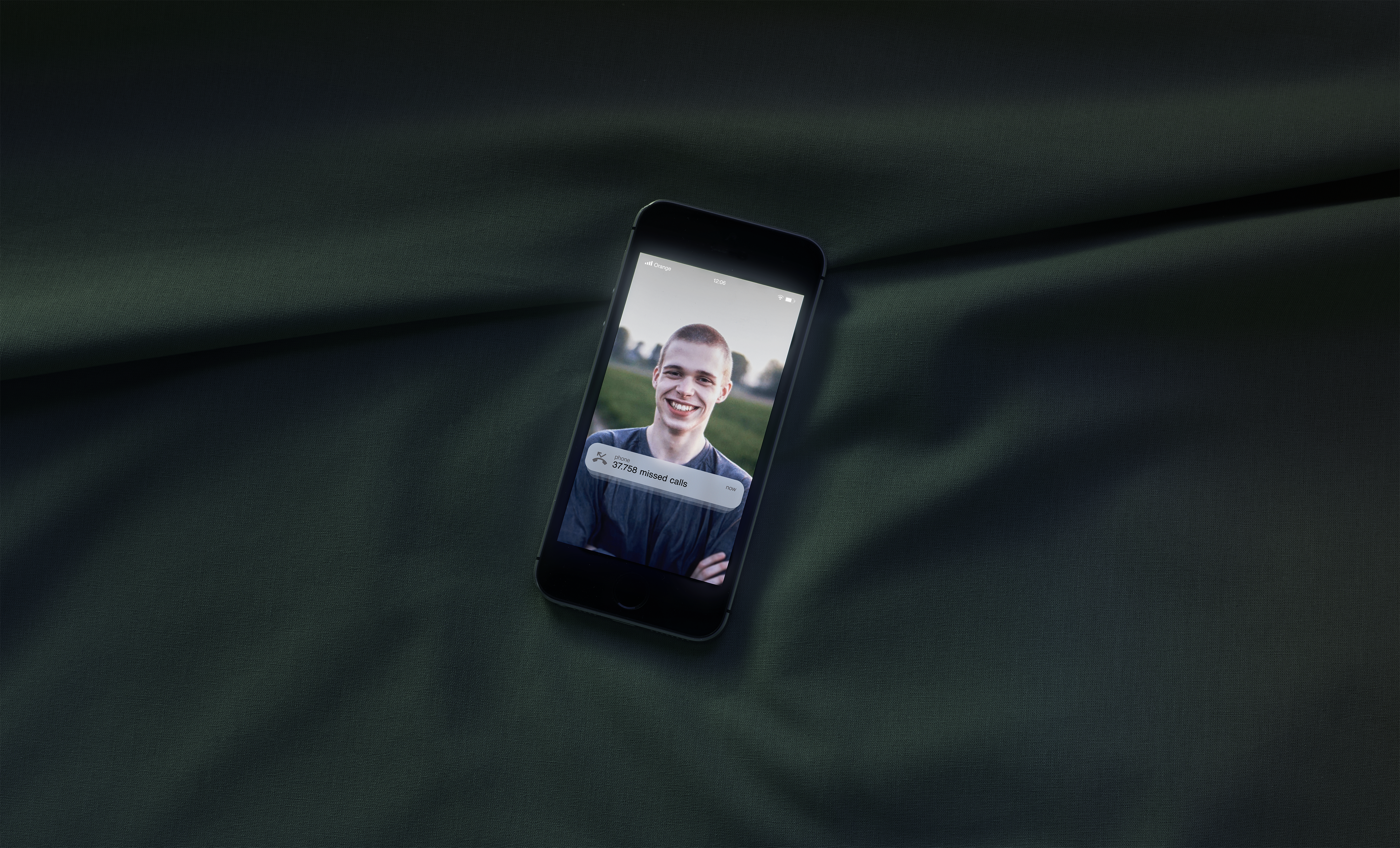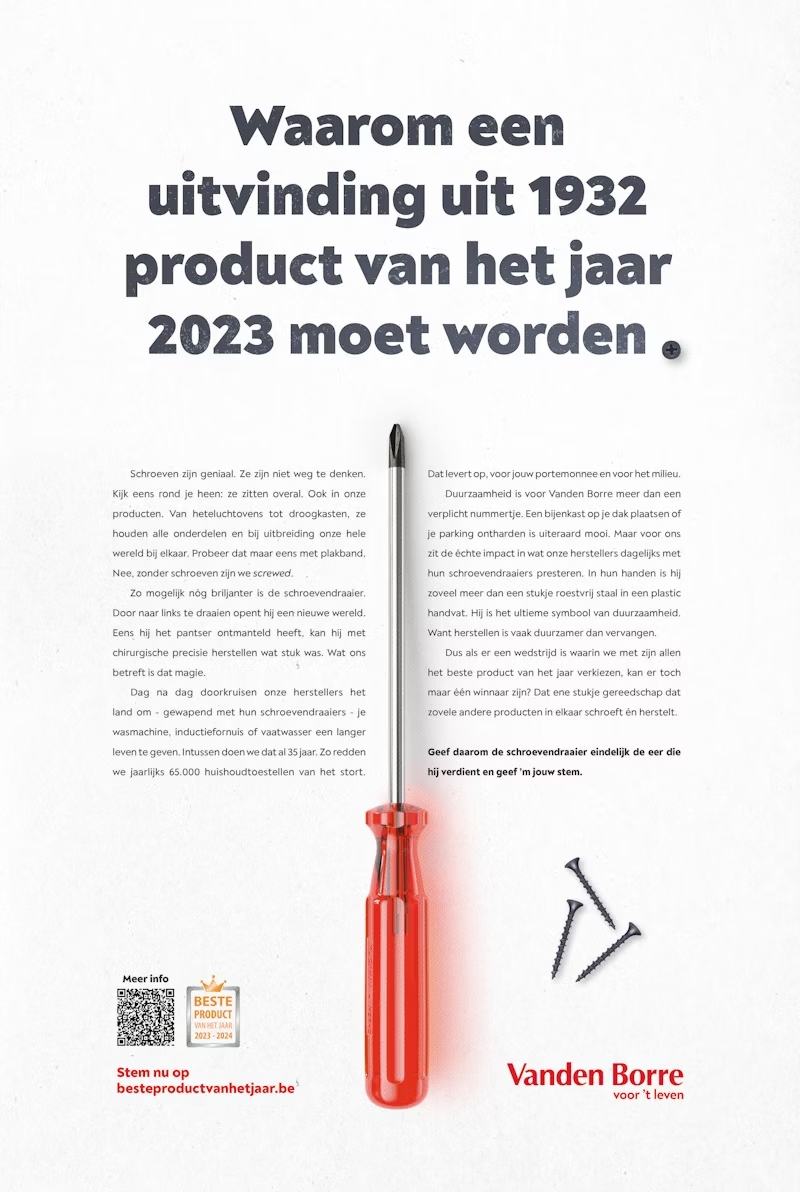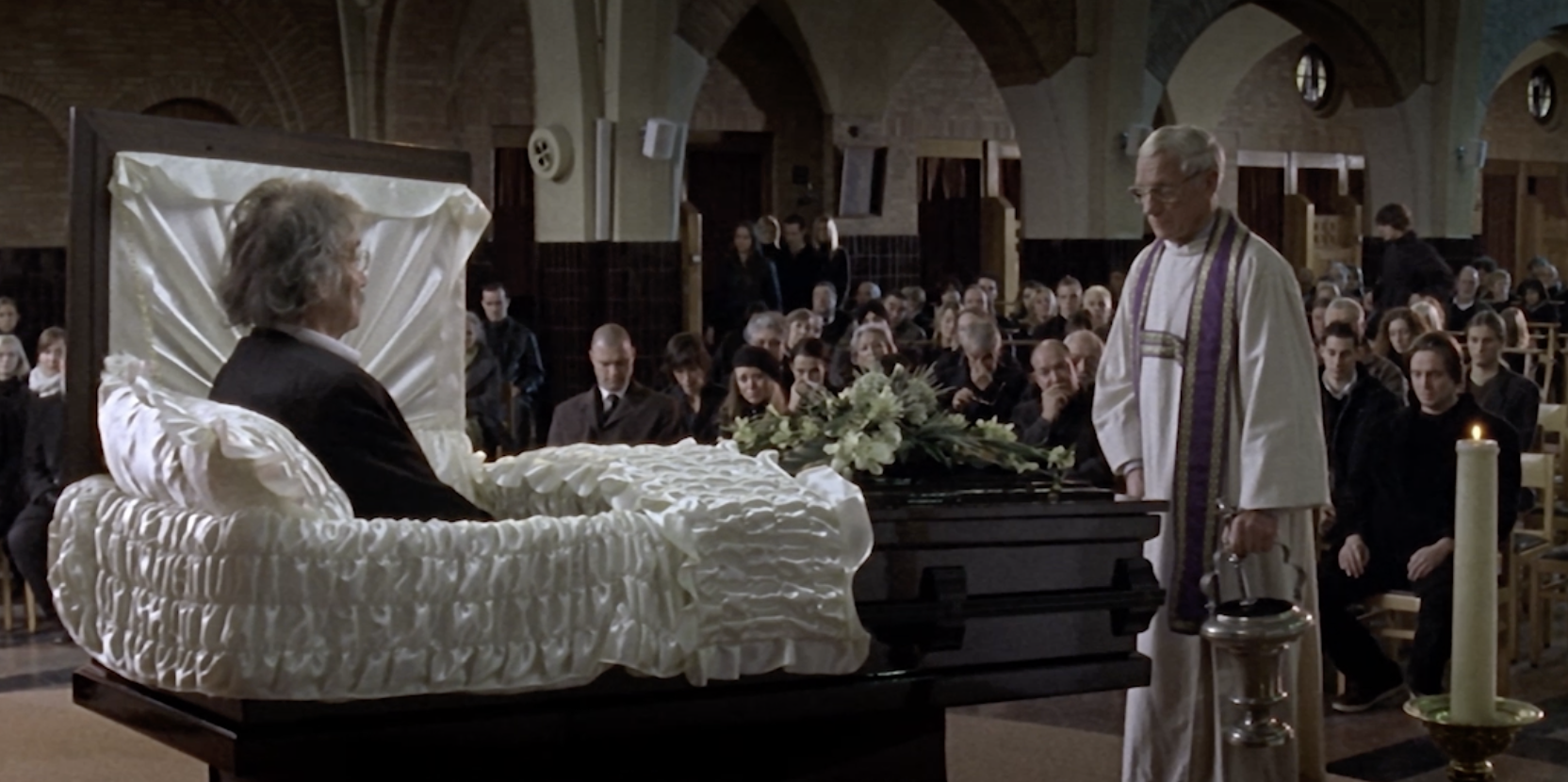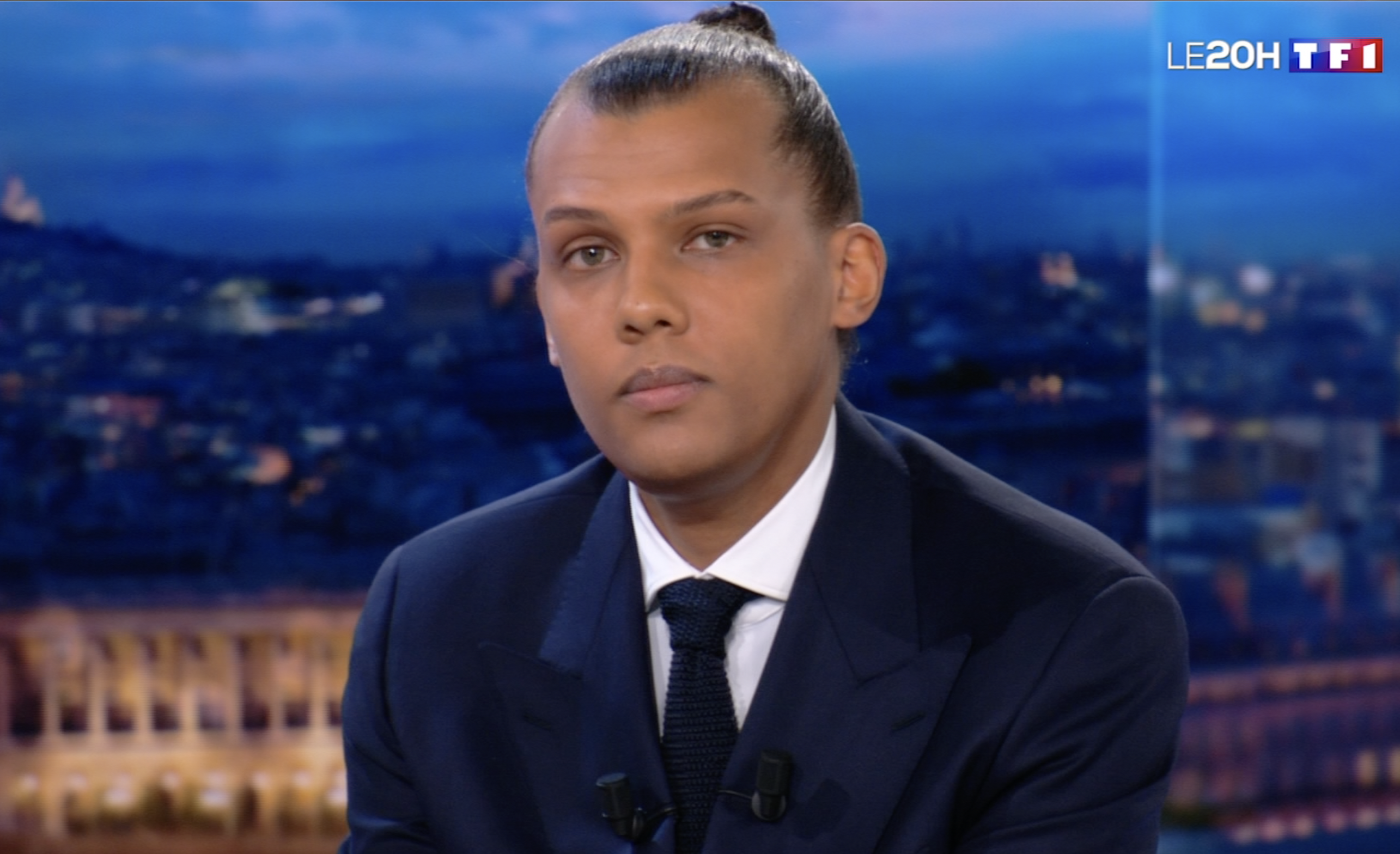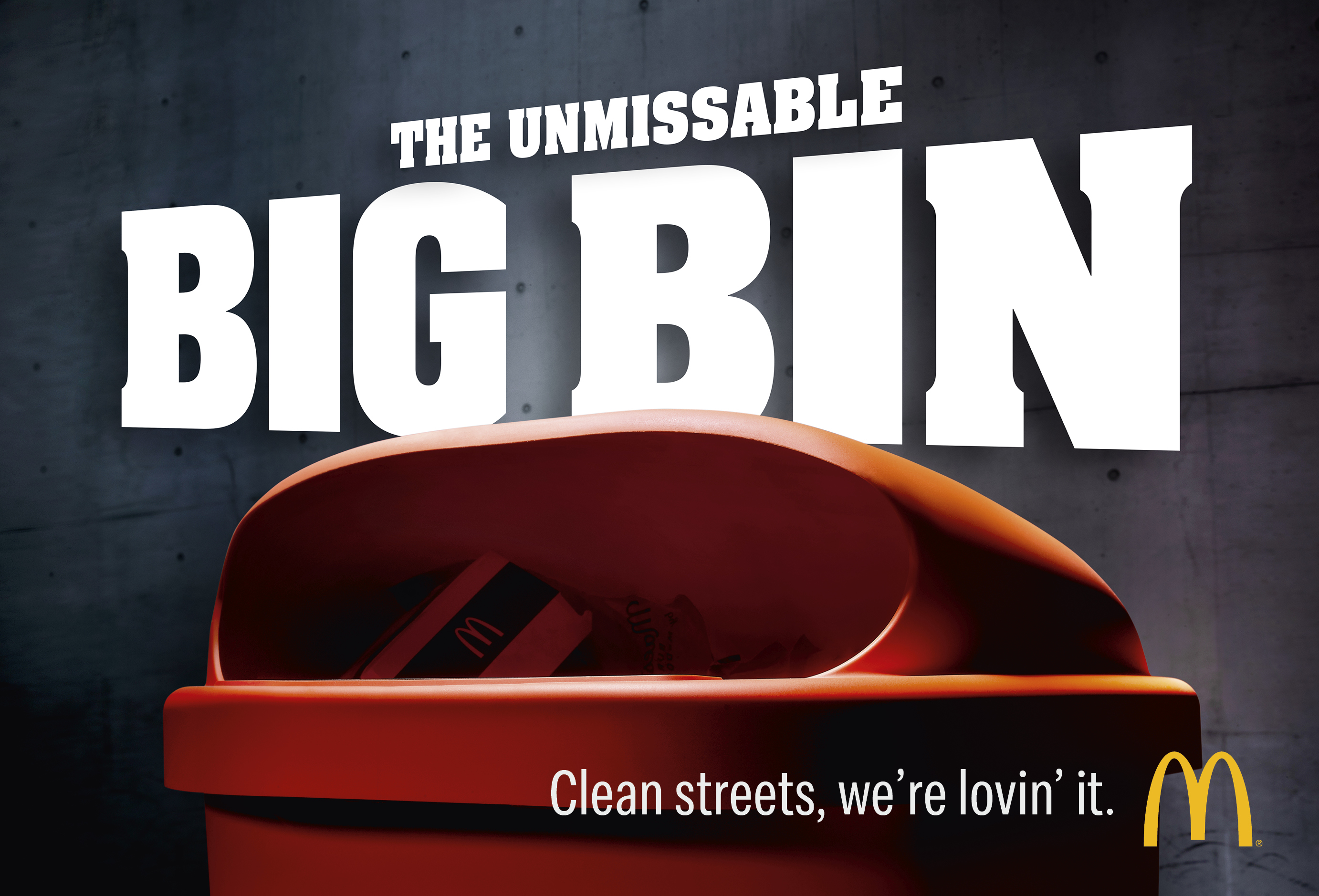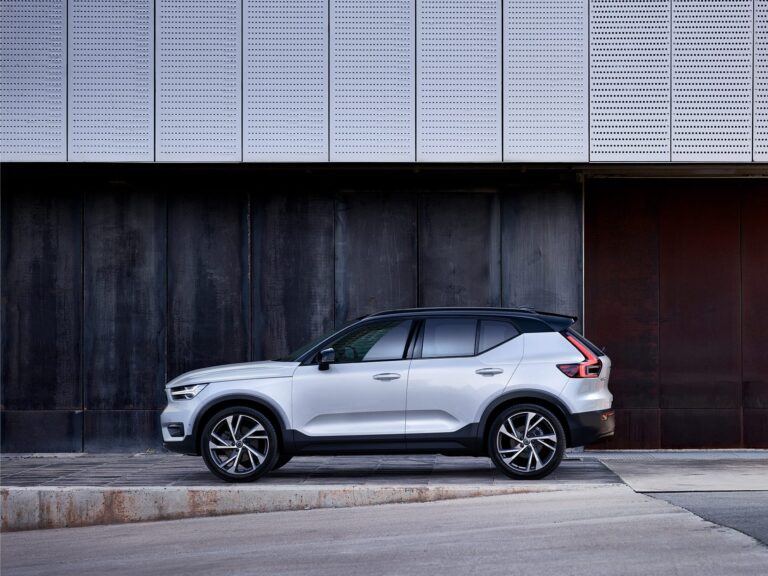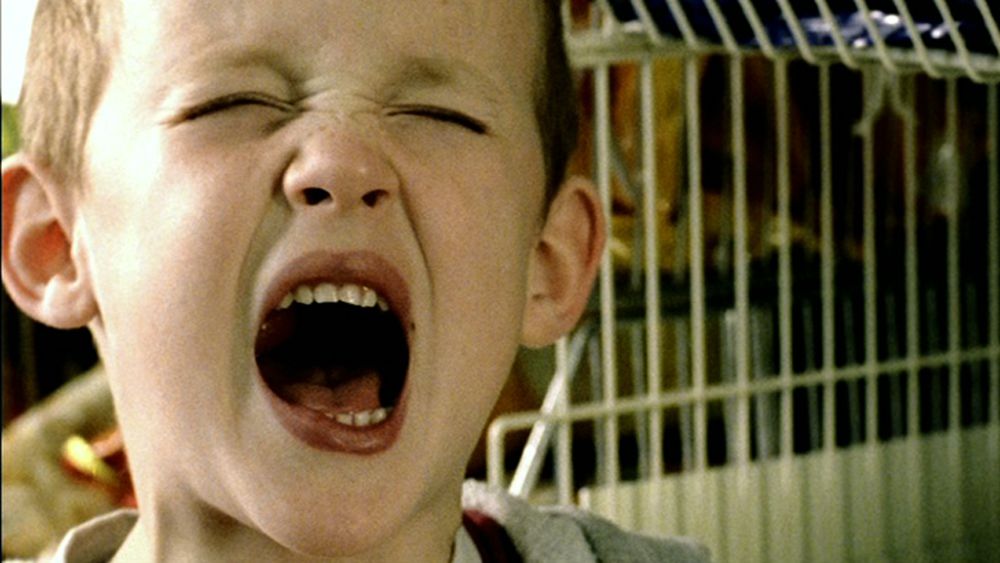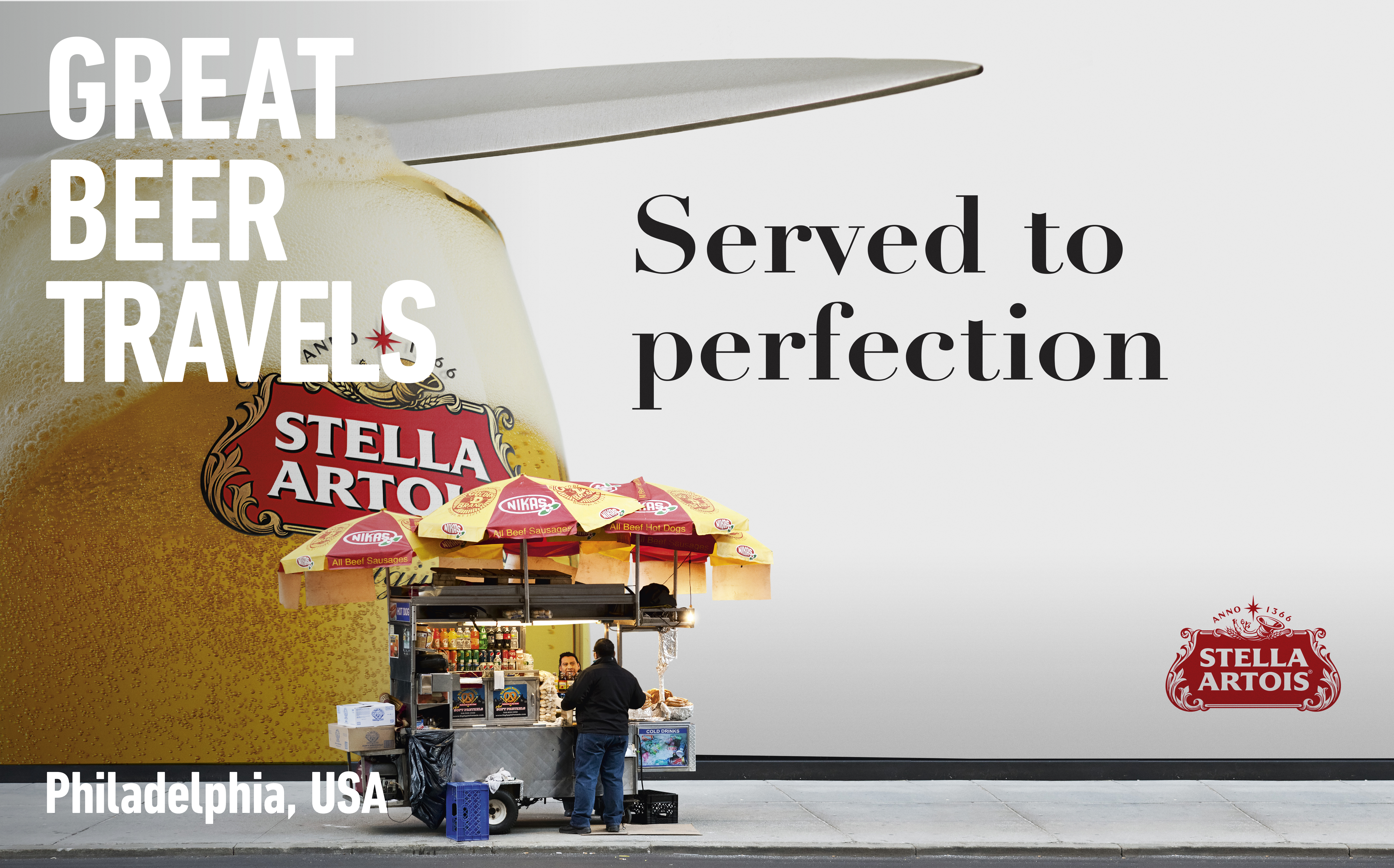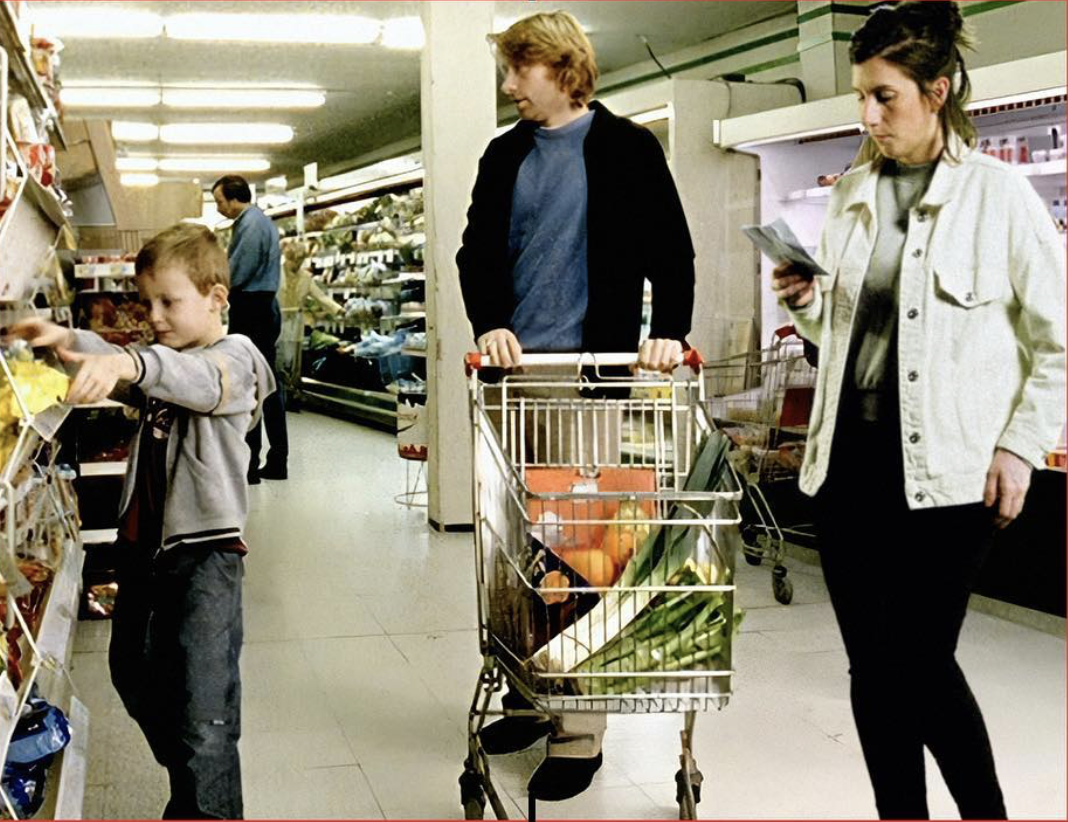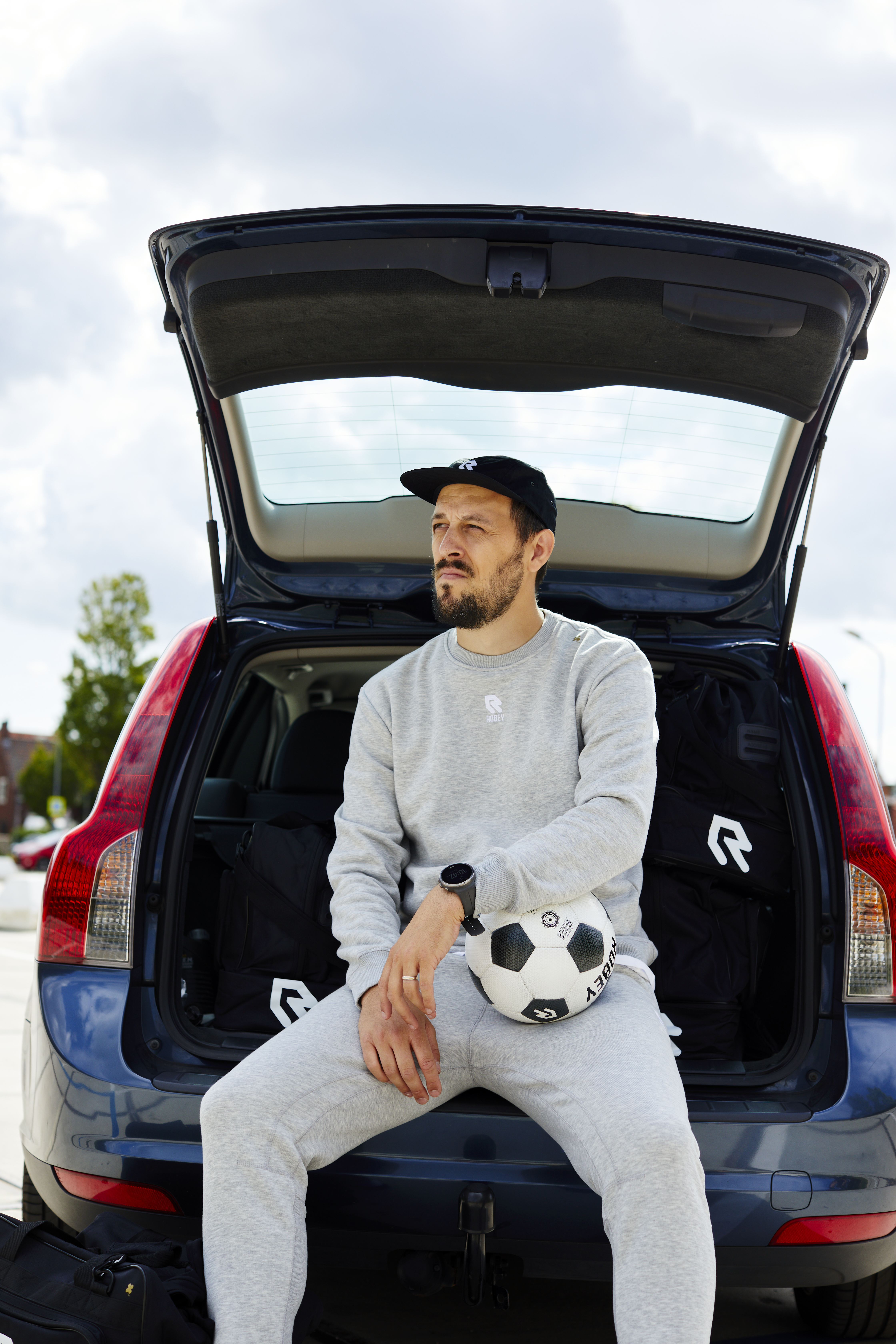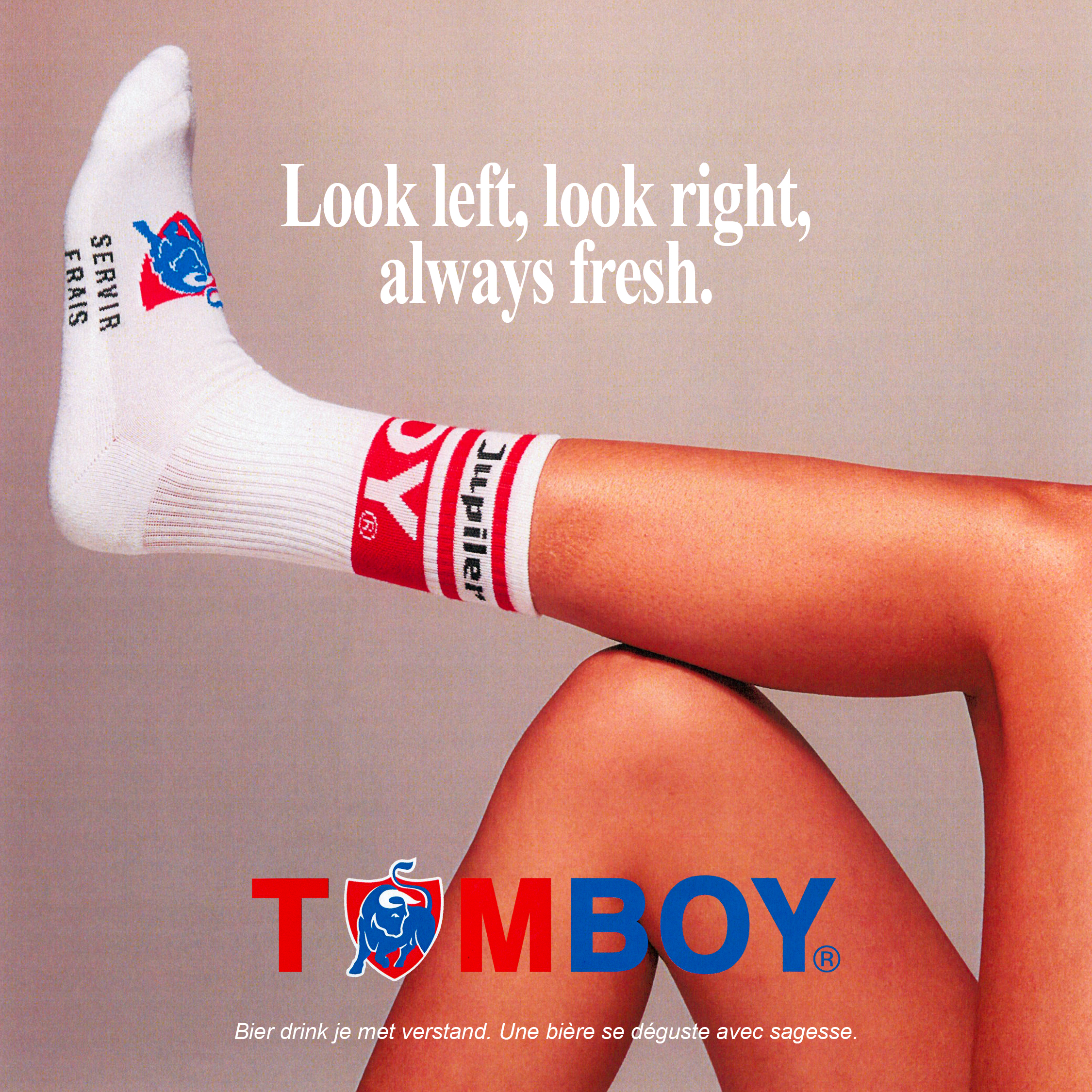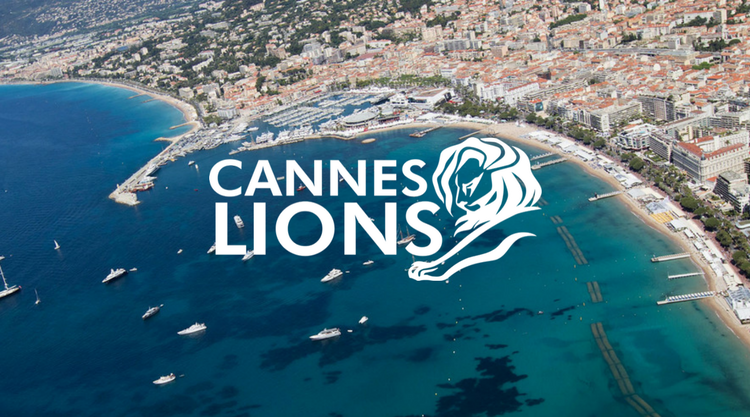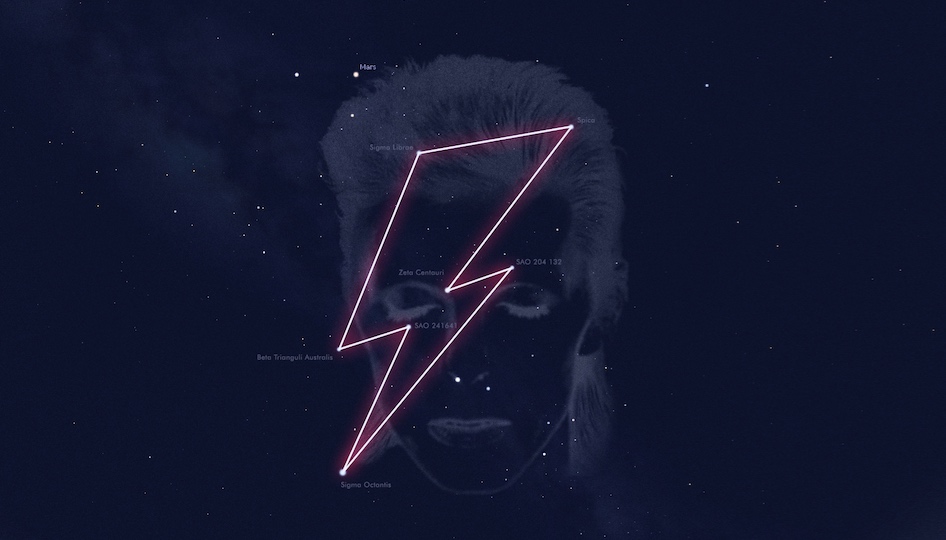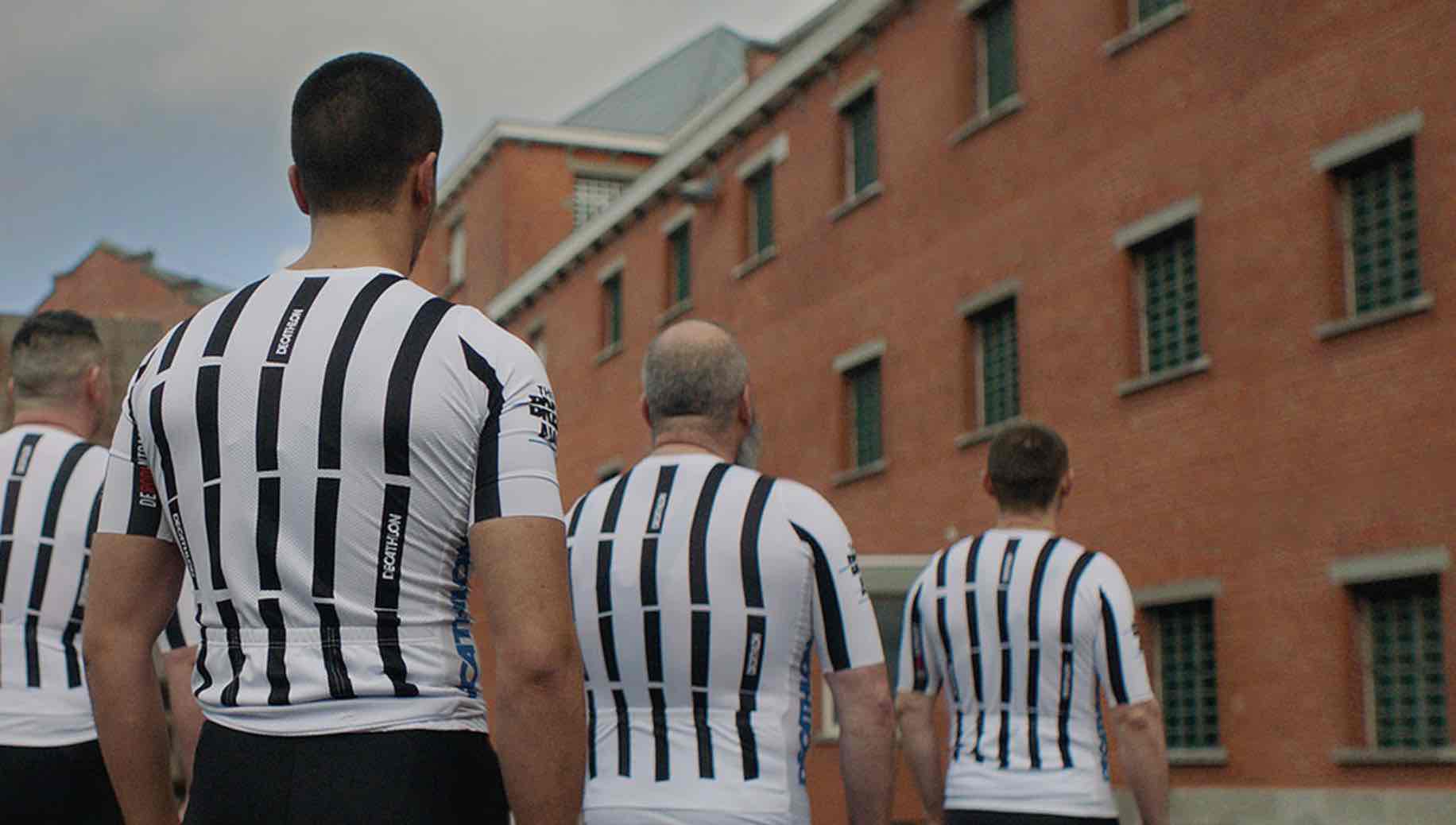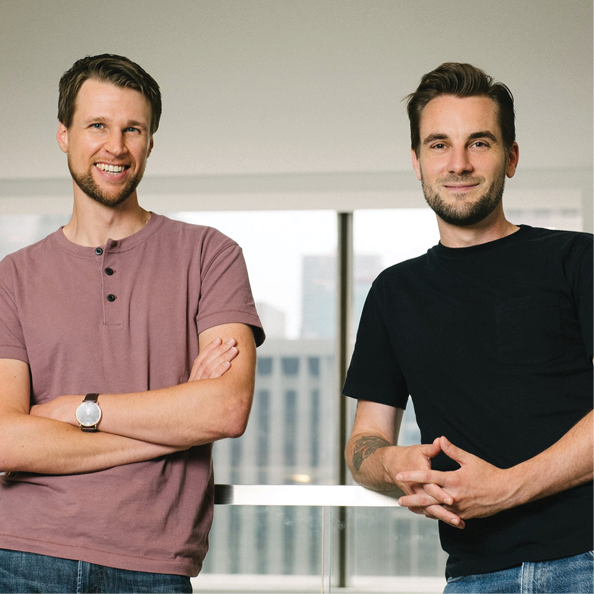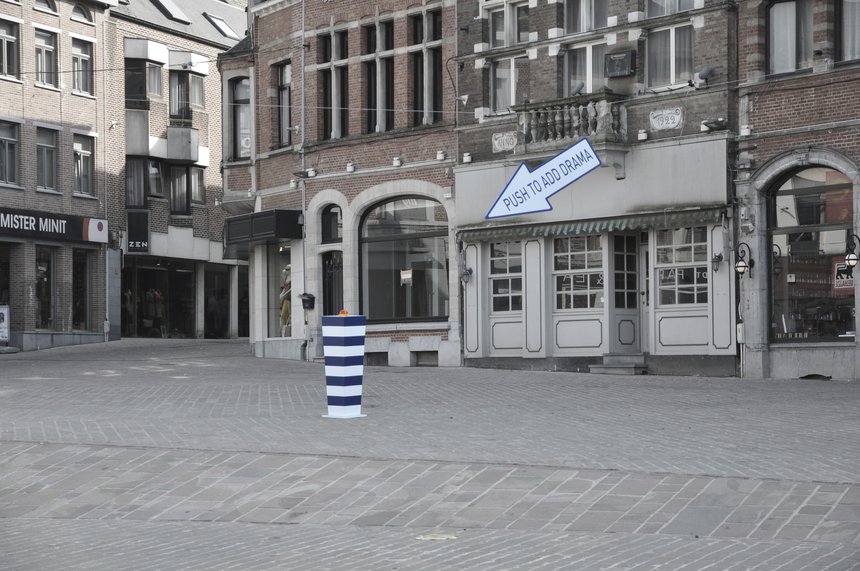- 16/12/2022
Pieter and Roxane, a dynamic duo reunited in NYC
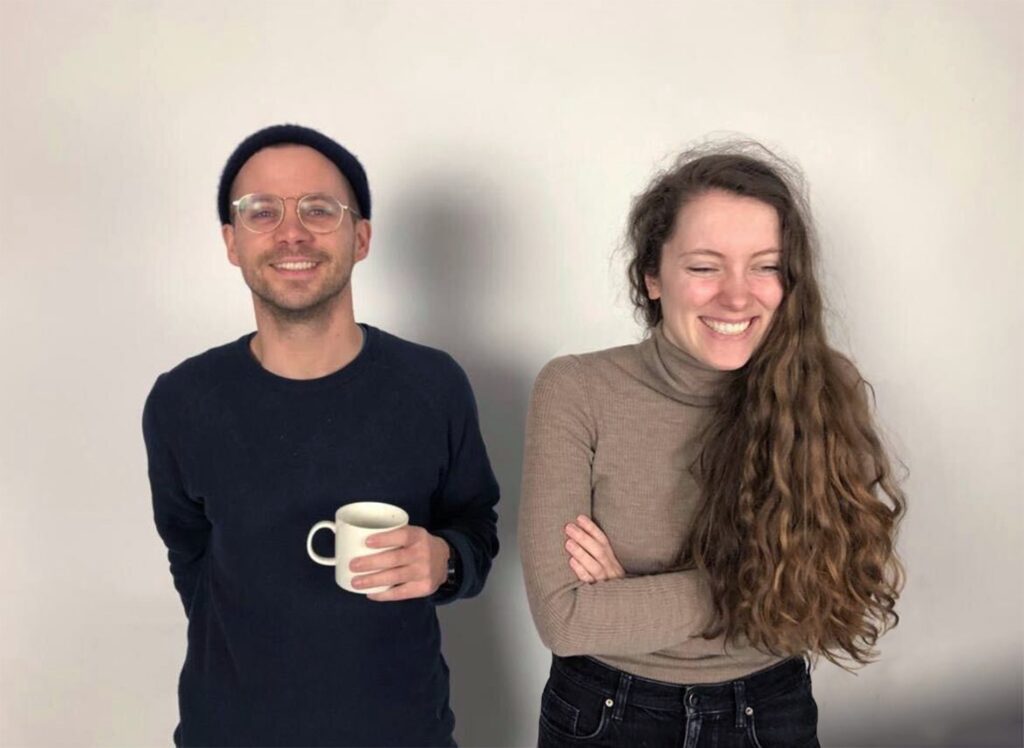
Adil & Bilal, Samson & Gert and – why not? - Like Mike & Dimitri Vegas. Belgium seems a fertile soil for powerful duos who go on to conquer the world. Possibly we can soon add a new dynamic duo to that list: Pieter & Roxane.
The tandem consisting of copywriter Pieter Claeys and art director Roxane Schneider has gained plenty of fame and awards back home. They found each other at Happiness, where Roxane arrived as an intern. They started working together and hit it off at once. Three months later they won their first Lion at Cannes, for Behind The Numbers, a gripping campaign for Parents Of Road Victims.
That kicked-off a fruitful and intense collaboration, lined with an array of awards. As a duo they’ve known stints at Happiness, TBWA/Belgium and Mutant. The partnership went into sleep mode when Pieter decided to move to the other side of the Atlantic, joining TBWA/Chiat/Day in New York. Yet the hiatus would only be temporary. A month ago, Roxane made the big leap to the even bigger Apple. The dream team, back together at FCB New York. Reunited, and it feels so good.
Why New York? Was it always a dream to live and work here?
- P. I’ve always been looking for new challenges, also during my time in Belgium. After a while, abroad seemed like a logical step. I spoke with a couple of the better agencies in Europe, but decided to go for the big adventure right away: New York. Home of the biggest clients and a lot of the very best agencies. And that was that.
- R. I’ve always wanted to live abroad. As a kid, I always traveled a lot, so that must have played a part. I also wanted to reignite the partnership with Pieter. I’ve worked with many different people, but there’s a sort of connection between the two of us. It’s fun. So, we decided to work together again, we looked at our options and here we are. It just seemed the right thing to do.
How does the New York way of working differ from your experiences in Belgium?
- P. They speak English over here (grins)! Joking aside, it’s difficult to give one definitive answer. There are so many agencies and clients, each with their own needs and circumstances. You can’t really label them as one. Although obviously, there’s a difference in scale. In Belgium your idea has to work for 10 million people, or sometimes even just 7.000 people. Here you must strike a chord with a huge and super-diverse nation. Also, when you present an idea to a client in Belgium, there will be six people in the room. Here, I’ve done the same for an audience of 80 people. I can tell you: Nissan Super Bowl client meetings are huge. It forces you to think differently. You can’t resort to cheap tricks, you have to find a broad arching story. It's a big dragon to ride.
- R. I’m still discovering it all. I actively tried not to form an image of what work in NY would be, because I wanted it to surprise me. Right now, it feels like fun to work for a different sort of client. The kind that’s so big that you usually only see and hear their work, but don’t get to be a part of it. It feels special to be involved with projects like that.
Americans work phenomenally hard, says the cliché. Does that ring true?
- P. The cliché doesn’t really add up, to me. I’ve worked a lot harder, faster and jittered for some Belgian agencies. Okay, when a pitch comes up, you must put in the work. But that’s the same all over the world. Aside from that, I think there’s a much healthier work-life balance in the States. Also, I’m not here just to work, I’m here to discover the city as well.
How do Americans look at Belgium and its advertising scene? Are there certain qualities that they lack, and we have?
- P. I don’t think most Americans have a clear cut vision of what Belgian advertising is about. They won’t see differences with, for instance, the Dutch market. Although there usually is a certain sharpness in the work when you’re trained in Belgium, and have worked there.
- R. That tone is the result of the way we work back home, I think. Belgian creatives have often dealt with quite small budgets. And that forces you to be more creative, to think of better ideas. Whereas our American colleagues often start out with much bigger budgets. That results in another viewpoint. We’re much better drilled in reaching creative solutions, just because of how it works in Belgium.






